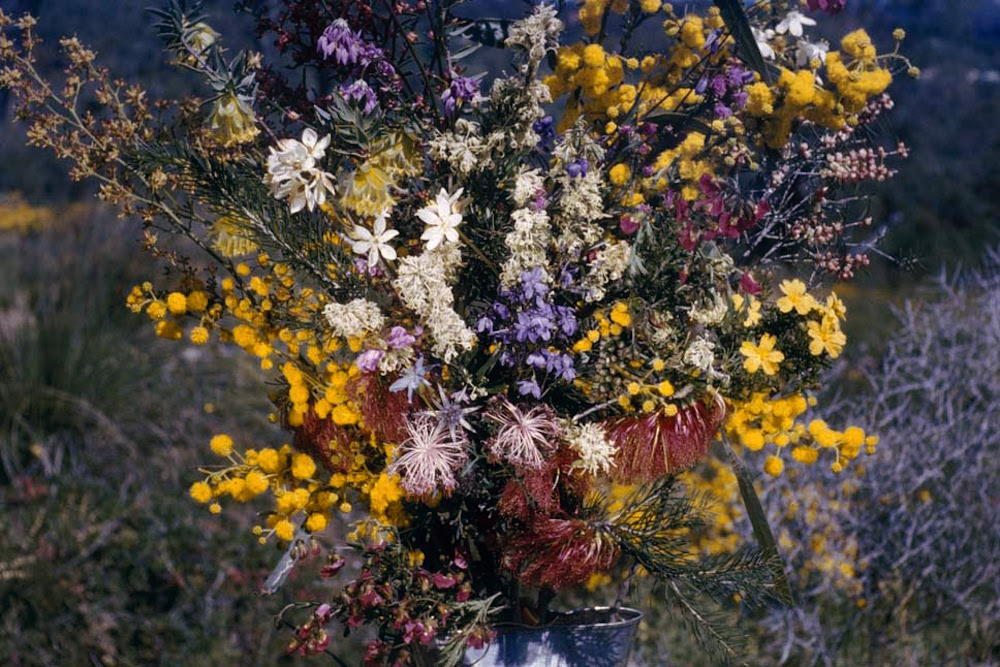Every week, the editors of The Paris Review lift the paywall on a selection of interviews, stories, poems, and more from the magazine’s archive. You can have these unlocked pieces delivered straight to your inbox every Sunday by signing up for the Redux newsletter.
This week at The Paris Review, we’re highlighting work by Black American writers in honor of Black History Month. Read on for Maya Angelou’s Art of Fiction interview, John Edgar Wideman’s short story “Sightings,” and Lucille Clifton’s poem “bouquet.”
If you enjoy these free interviews, stories, and poems, why not subscribe to The Paris Review? Or take advantage of our current subscription offer, featuring our stylish new notebook—the perfect place to draft love poems, write your novel, or log your reading list. (And you can always just buy the notebook, too!)
Maya Angelou, The Art of Fiction No. 119
Issue no. 116 (Fall 1990)
I try to pull the language in to such a sharpness that it jumps off the page. It must look easy, but it takes me forever to get it to look so easy. Of course, there are those critics—New York critics as a rule—who say, Well, Maya Angelou has a new book out and of course it’s good but then she’s a natural writer. Those are the ones I want to grab by the throat and wrestle to the floor because it takes me forever to get it to sing. I work at the language.
Sightings
By John Edgar Wideman
Issue no. 171 (Fall 2004)
The first time it happened I could forgive myself. Cutting across the hall from my office and glimpsing a man—pale, wearing metal-rimmed glasses, a thin man in a light-colored rolled-sleeve shirt and khaki pants, busy with files he was returning or extricating from a chin-high bank of beige metal cabinets lining the wall to my right, just inside the departmental office—nothing unforgivable about being confused a split second by the sight of someone I knew was dead, dead a good long while, dead and buried two thousand miles away in cold, high Wyoming, the dead man Roger Wilson’s office down and across from mine, fourth-floor Bartlett Hall, the dozen years I’d taught at U.W. …

Photo: Frank Hurley. Courtesy of National Library of Australia from Canberra, Australia. No restrictions, via Wikimedia Commons.
bouquet
By Lucille Clifton
Issue no. 233 (Summer 2020)
i have gathered my losses
into a spray of pain;
my parents, my brother,
my husband, my innocence
all clustered together
durable as daisies.
now i add you,
little love, little
flower,
who walked unannounced
into my life
and almost blossomed there.
If you enjoyed the above, don’t forget to subscribe! In addition to four print issues per year, you’ll also receive complete digital access to our sixty-seven years’ worth of archives. Or take advantage of our current subscription offer, featuring our stylish new notebook—the perfect place to draft love poems, write your novel, or log your reading list. (And you can always just buy the notebook, too!)
from The Paris Review https://ift.tt/2Z0impt


Comments
Post a Comment